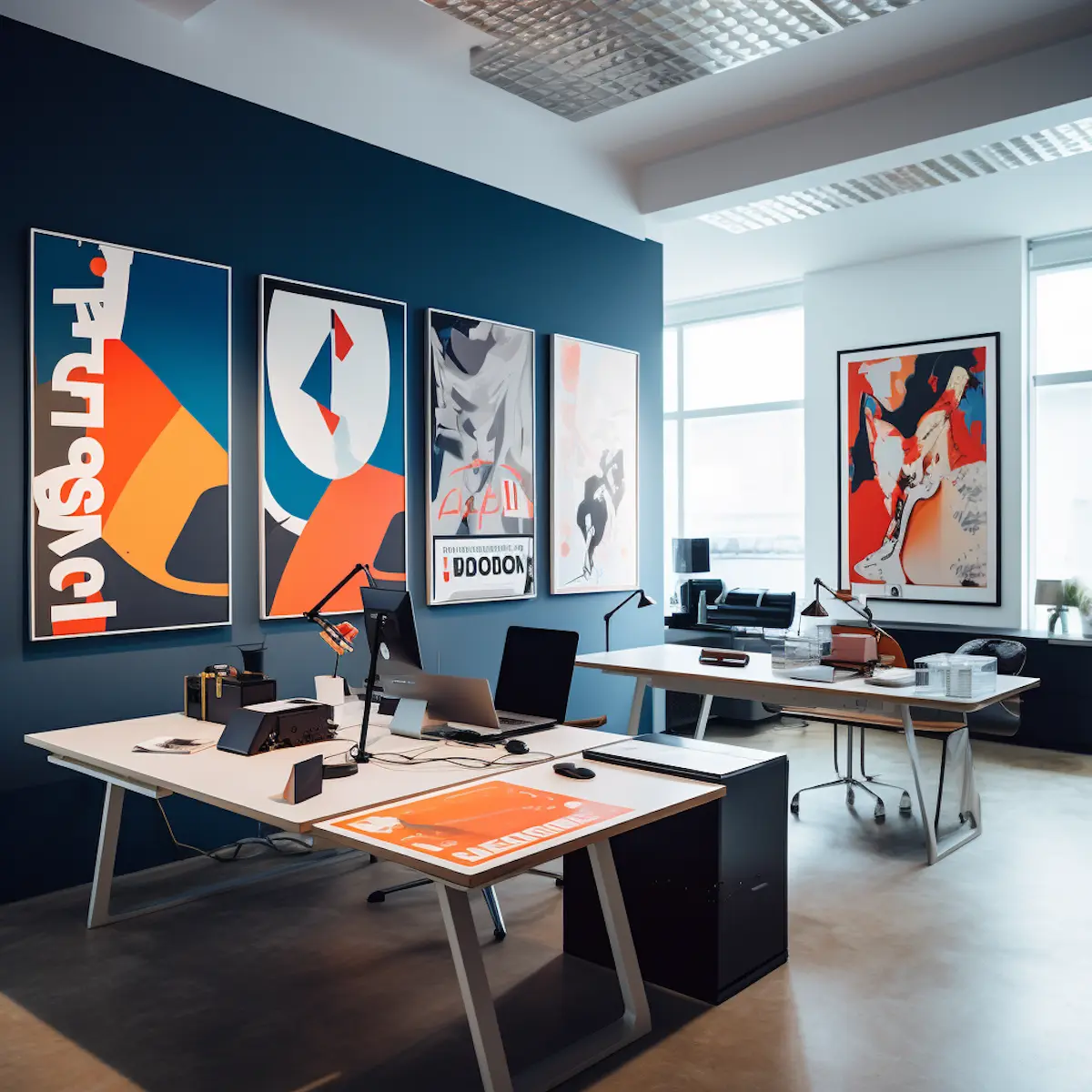The digital landscape is constantly evolving, and 2025 marks a pivotal moment where application design and development are converging to create experiences that are not just functional, but truly intelligent, intuitive, and deeply personalized.
The future isn't just about building apps faster; it's about building smarter, more accessible, and more sustainable ones that seamlessly integrate into our lives.

AI-Driven Design and Development: The Intelligent Core
Artificial Intelligence is no longer just a feature within apps; it's becoming an integral part of how applications are designed and built.
In the future, we'll see:
- AI-Assisted Design Tools: Designers will increasingly leverage AI to automate repetitive tasks, analyze user data to identify optimal design patterns, and even generate design concepts or UI elements. This empowers designers to focus more on creativity and strategic problem-solving.
- Intelligent User Experiences: Applications will use AI to provide hyper-personalized experiences, adapting interfaces, content, and recommendations in real-time based on individual user behavior, preferences, and context. Predictive analytics will enable apps to anticipate user needs, enhancing proactive engagement.
- AI in Development Workflows: Developers will rely on AI-powered coding assistants for intelligent code completion, bug detection, and even code generation. AI-driven testing platforms will automate quality assurance, leading to faster release cycles and higher code quality.
Low-Code/No-Code (LCNC) and Citizen Development: Empowering Everyone
The barrier to entry for application creation is continuously dropping thanks to the maturation of Low-Code/No-Code (LCNC) platforms. This trend is democratizing development, enabling a wider range of individuals to bring their ideas to life:
- Rapid Prototyping and MVPs: LCNC tools allow businesses to quickly build and test Minimum Viable Products (MVPs) and internal tools without extensive coding knowledge, significantly accelerating innovation cycles.
- Business User Empowerment: "Citizen developers" within business units can create custom applications to solve their specific problems, reducing reliance on central IT and increasing organizational agility.
- Bridging the Skill Gap: LCNC platforms help address the demand for developers by allowing professional developers to focus on complex, bespoke solutions while simpler applications are handled by business users.
Evolving User Interfaces: Beyond Touch
User interaction with applications is becoming more diverse and natural:
- Voice User Interfaces (VUIs): Advancements in Natural Language Processing (NLP) are making voice commands more accurate and intuitive, leading to greater adoption in smart homes, automotive systems, and mobile apps for hands-free control.
- Gesture-Based and Immersive Experiences: While still evolving, applications will increasingly integrate gesture controls. Furthermore, the growth of Augmented Reality (AR) and Virtual Reality (VR) will create more immersive and interactive experiences, particularly in fields like gaming, retail, education, and remote collaboration.
- Adaptive and Contextual Interfaces: Future apps will dynamically adjust their UI based on the user's environment, device, time of day, and even emotional state, providing a truly contextual and seamless experience.
The future of application design and development is a thrilling blend of technological advancement and human-centric thinking. By embracing AI, democratizing creation, innovating interfaces, optimizing infrastructure, and prioritizing trust, we are on the cusp of a new era of digital experiences that are more intelligent, accessible, and seamlessly integrated into our increasingly connected world.








